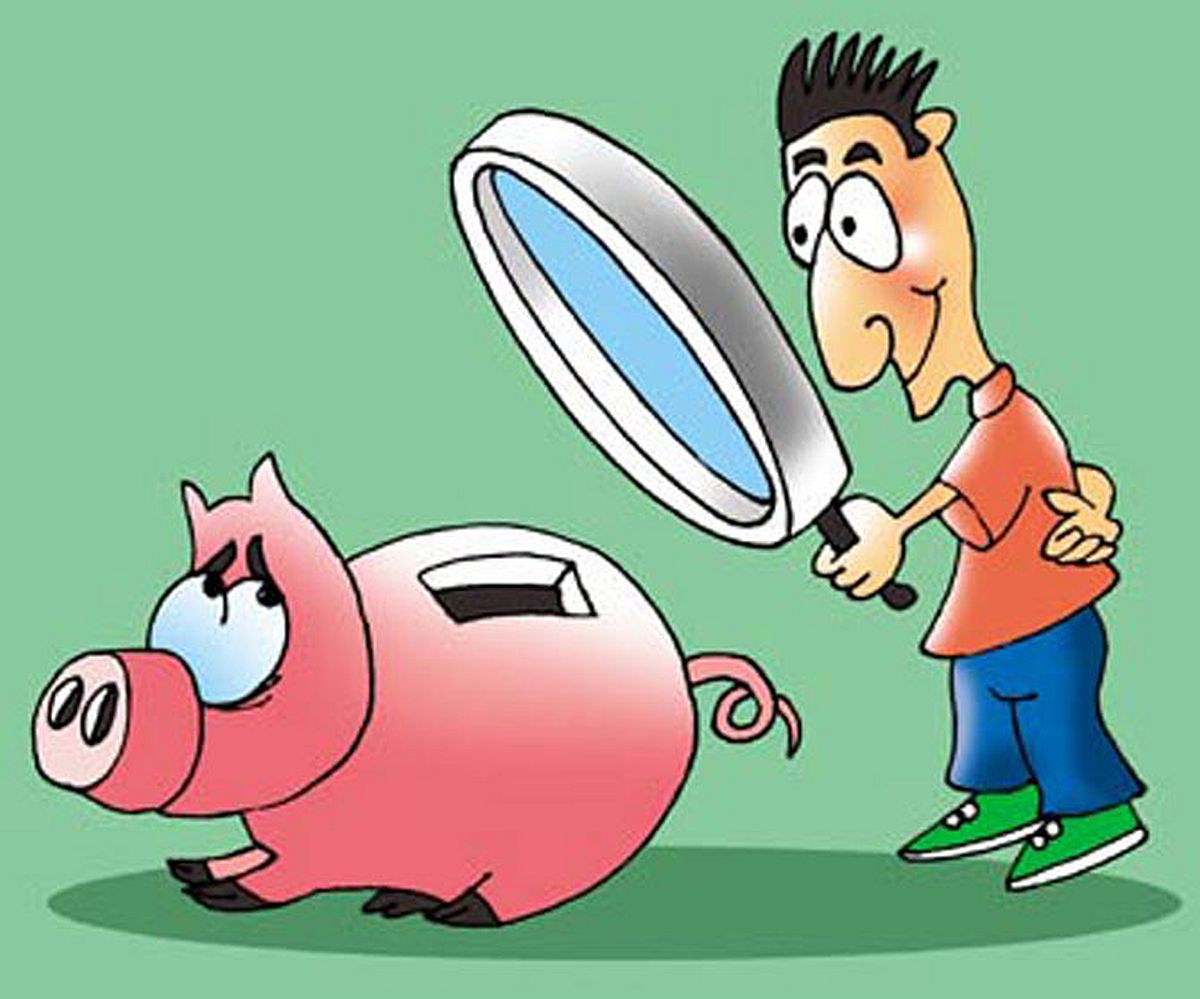Govt Small Saving Deposits Now On Par With FDs
December 31, 2022 11:20

Illustration: Uttam Ghosh/Rediff.com
Nikesh Singh/Business Standard reports:
Small savings deposit rates for one year, two years and three years were raised by 110 basis points (bps) to 6.6 per cent, 6.8 per cent and 6.9 per cent, respectively.
Earlier, the rates were 5.5 per cent, 5.7 per cent and 5.8 per cent, respectively, for the three tenors.
The five-year deposit saw interest rate raised by 30 bps to 7 per cent from 6.7 per cent.
Among other key government-backed savings instruments, interest rate on the Senior Citizen Savings Scheme was raised to 8 per cent.
The Monthly Income Account Scheme saw interest rate rise to 7.1 per cent while for the National Savings Certificate it is 7 per cent and for the Kisan Vikas Patra the figure is 7.2 per cent.
For the Kisan Vikas Patra, the government reduced the maturity period to 120 months from 123 months.
However, the interest rates were kept unchanged on the Public Provident Fund Scheme, Sukanya Samriddhi Account Scheme and the five-year recurring deposit scheme at 7.1 per cent, 7.6 per cent and 5.8 per cent, respectively.
This is the second consecutive hike after the rates were kept unchanged since January 2019. On September 29, the government had increased interest rates in five of the 12 schemes.
After the Reserve Bank of India raised concerns about limited transmission of its policy rate cuts, the finance ministry started quarterly reviews of small savings rates, beginning April 1, 2016. It made the process more dynamic and market-linked.
Deepesh Raghaw, a Securities and Exchange Board of India (Sebi)-registered investment advisor, said the steep increase in small savings rates will bring the rates at par with bank fixed deposits (FDs).
Every investor compares the return on small savings against the FDs of banks. Over the past six months, FD rates have risen sharply, offering returns of 6.75-7 per cent. And so, the government had to catch up, he added.
The RBI has increased its policy rate by 225 bps to 6.25 per cent in just seven months. This has been done to bring inflation within its tolerance band and curb capital outflow, amid global tightening of monetary policy.
This has resulted in higher interest rates by banks on home loans and personal loans.
With credit growth remaining in double digits amid tight liquidity, banks have also increased deposit rates to get more customers.
Major public sector banks such as Punjab National Bank, Canara Bank, State Bank of India, and Bank of India are offering peak interest rates of 7.25 per cent, 7 per cent, 6.75 per cent and 6.75 per cent, respectively.
Private banks such as HDFC Bank, ICICI Bank, Axis Bank, and Kotak Mahindra Bank also raised interest rates on deposits earlier this month.





 © 2024 Rediff.com -
© 2024 Rediff.com -